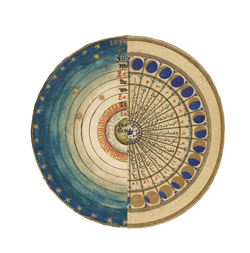The renewal of medical knowledge, thought, and practice throughout Europe and the Mediterranean from the 11th century onwards is a well-known subject of study. However, this process remains largely unexplored in some regions. Among these, the Portuguese case is worth a closer look. Coinciding with the formation of the new kingdom and with an unprecedented rapid Christian expansion into Islamic southern lands, the period between 1080 and 1192 offers several elements that, although fragmentary, allow a reconstruction of a broader vision of the diffusion of medical knowledge, thought, and practice in Portugal during those decades. These fragments reveal aspects as diverse as the circulation of Arabic medical texts in their original language, possible Arabic translations provided by the enigmatic John of Seville and Lima, Mozarabic bishops seeking medical aid on both sides of the (fuzzy) religious border, the circulation of medical manuscripts written in Beneventan script, French clerics applying state-of-the-art medical vocabulary and concepts in unrelated texts, just to name a few examples. The main purpose of this paper is to analyse this set of data as a whole and compare it with better-known examples. The resulting big picture reveals another Iberian and Southern European crossroads of cultural and scientific knowledge, even before the formal practice of medicine returns as a documented profession in this territory – the first physician whose activity is recorded in medieval Portugal is, so far, Master Mendo, medicus regis of Sancho I, the second king of Portugal, documented as such from 1192 onwards. Considering the scarcity of testimonies, medical manuscripts are only a minority among the sources; local hagiographies are the main (but not the only) documents, and the city of Coimbra, head of a highly autonomous Mozarabic territory after the Christian conquest of 1064 and Portuguese capital de facto after 1130, is the epicentre of this diverse activity.
- Poster

 PDF version
PDF version

